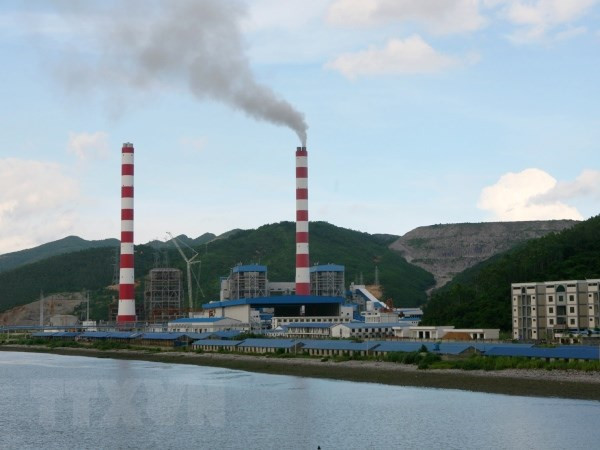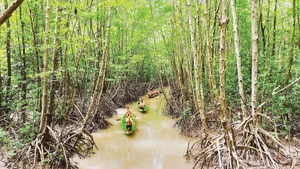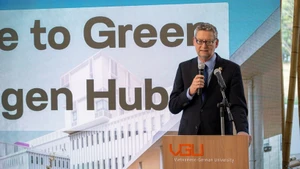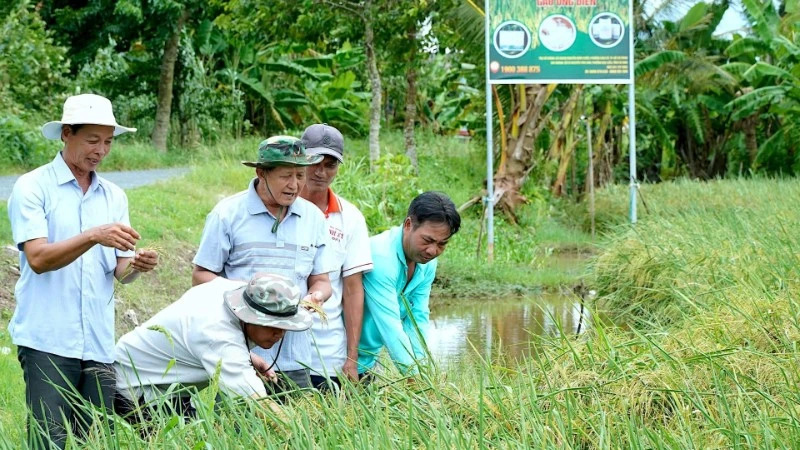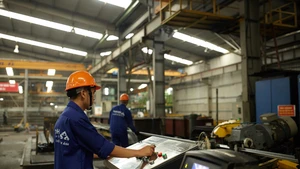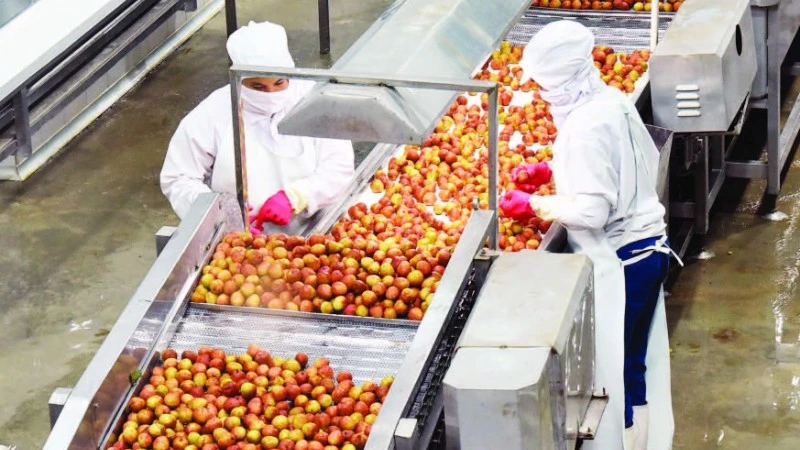They include fine-tuning mechanisms and policies, taking measures to reduce methane emissions in solid waste management and wastewater treatment, conducting scientific research and developing technology, raising public awareness of the effort, and strengthening bilateral and multilateral cooperation and mobilising resources for supervision and evaluation.
Last year, Deputy Prime Minister Le Van Thanh signed a decision approving a plan of action on reducing methane emissions to 2030 with the goal of cutting methane emissions by at least 30% from 2020.
The action plan targets methane emissions in cultivation, animal husbandry, solid waste management, waste water treatment, oil and gas exploitation, coal mining and fossil fuel consumption.
Total methane emission volume should not exceed 96.4 million tonnes of CO2 equivalent in 2025, down 13.34% from 2020.
Specifically, methane emissions in cultivation should be kept under 42.2 million tonnes of CO2 equivalent, under 16.8 million tonnes of CO2 equivalent in animal husbandry, under 21.9 million tonnes of CO2 equivalent in solid waste management and waste water treatment, under 10.6 million tonnes of CO2 equivalent in oil and gas exploitation, under 3.5 million tonnes of CO2 equivalent in coal mining, and under 1.3 million tonnes of CO2 equivalent in fossil fuel consumption.
Among measures outlined in the action plan is adjusting crop structure and cultivation techniques, ending the burning of agricultural waste and side products, and recovering methane emissions from husbandry waste treatment for electricity generation.
Modern technology will be applied widely in solid waste and waste water treatment is another solution, among others.
